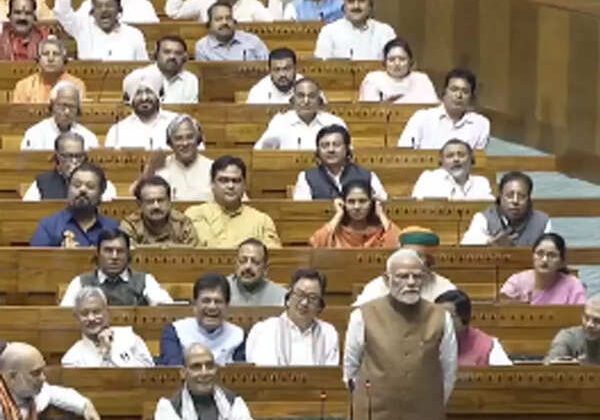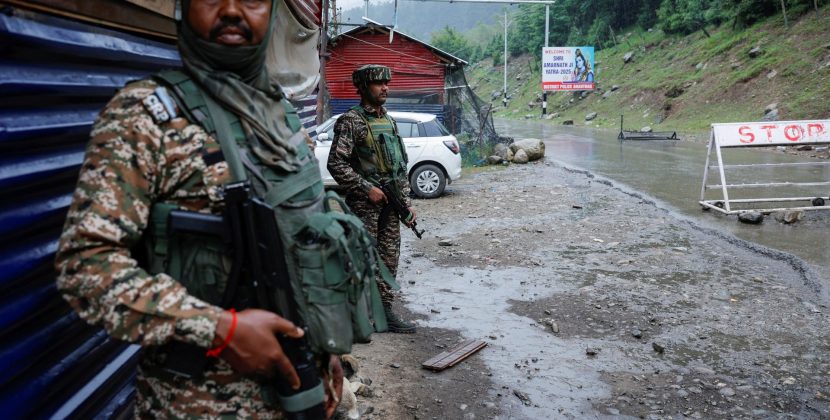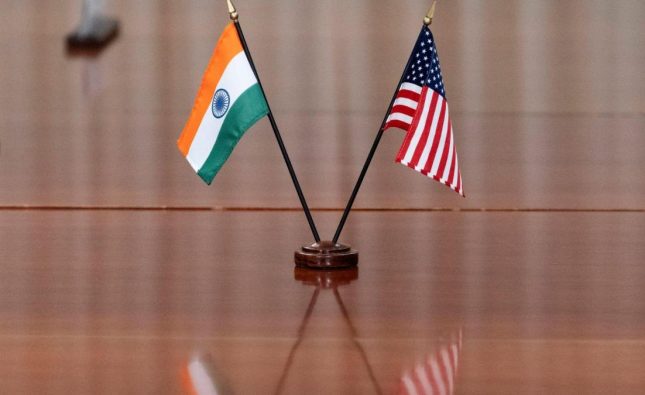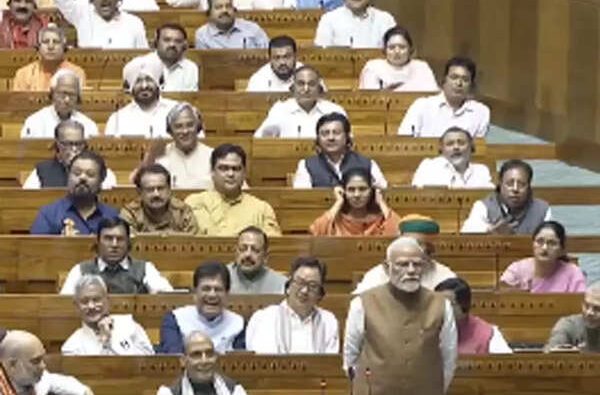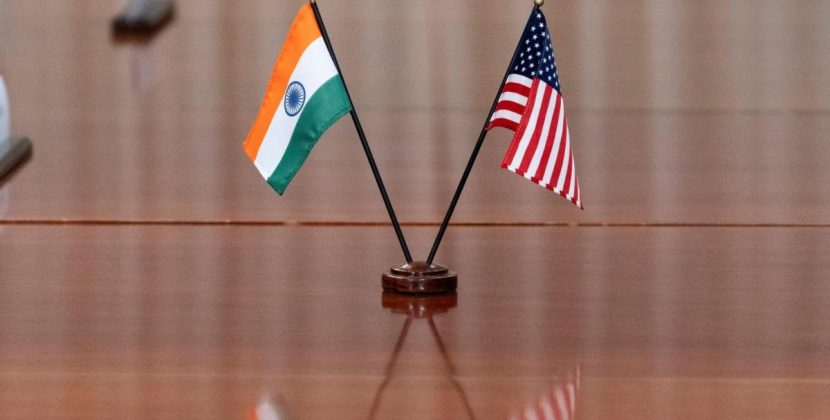
By Srinath Sridharan
Deregulation, at its core, is about reducing friction and streamlining governance, not removing safeguards. Yet in today’s fast-changing world — where digital finance, geopolitical shifts, and disruptive technologies are reshaping industries — the real question is not whether India needs deregulation. It is how to strike the right balance before economic instability sets in.
The Union government is expected to announce a national deregulation commission soon. Its mandate will be to accelerate approvals and remove barriers, particularly for smaller businesses. But as the chief economic advisor recently noted, digitisation alone does not equate to deregulation. Policy changes must extend beyond central directives and take root at the state and local levels. Businesses need real regulatory improvements, not just bureaucratic rebranding.
The ghost of the licence-permit raj still lingers in Indian business. It hides in endless approvals, in the fine print of archaic laws, and in the unchecked power of officials across all levels who see regulation as a means of control rather than economic enablement. Some call it state interference. Others call it institutional inertia. In many cases, it is just corruption by another name. Regardless of what it is called, the result remains the same. Businesses, especially smaller ones, find success not just through merit but by navigating a system where knowing the right people matters as much as operational excellence.
Over the years, careful deregulation has strengthened India’s financial sector. Banking, capital markets, and fintech services have expanded, making India a global leader in financial innovation.
History has shown excessive deregulation, when unchecked, can be a catalyst for crisis. The 2008 meltdown was rooted in an unregulated subprime mortgage market. The collapses of various businesses stemmed from excessive risk-taking in poorly supervised financial environments. The FTX crypto debacle served a stark reminder of what happens when innovation outpaces oversight.
Advocates of free markets argue that industries should be opened up with minimal regulation, allowing competition to drive efficiency. While this fosters innovation and consumer benefits, it also carries risks. Many businesses in deregulated sectors operate on borrowed funds, often relying on public money through bank loans. When such entities collapse, the repercussions go beyond shareholders and employees.
Aviation offers a cautionary tale. Private airlines entered the market, competition increased, and fares dropped. But reckless expansion and financial mismanagement made business models unsustainable. Kingfisher Airlines defaulted on nearly Rs 9,000 crore in bank loans, while Jet Airways collapsed under an Rs 8,500-crore debt burden. Deregulation drove competition but lacked the financial safeguards necessary to prevent systemic fallout.
Telecom tells a similar story. Liberalisation in the 1990s and 2000s fuelled India’s telecom boom. But unchecked price wars and unsustainable financial strategies led to an industry crisis. Vodafone Idea remains burdened with massive debt, and banks have suffered as a result. Eventually, government intervention became necessary. BSNL is bleeding, and with no strategic focus. Deregulation, when unaccompanied by financial stability mechanisms, merely shifts risks from corporations to the public.
In a world where economic sanctions, trade curbs, and geopolitical tensions drive financial movements, unregulated exposure can be dangerous. Foreign investment is often viewed as a benefit of deregulation, bringing in capital, technology, and expertise. But without strong safeguards, deregulation can make Indian firms vulnerable to foreign buyouts. Walmart’s acquisition of Flipkart and the dominance of foreign digital payment platforms highlight this challenge. China, in contrast, has maintained regulatory oversight over key industries, ensuring foreign capital aligns with national economic interests.
Emerging technologies bring additional complexities. Artificial intelligence (AI) is influencing credit decisions, blockchain is redefining transactions, and decentralised finance is challenging traditional banking. While these innovations hold promise, they raise critical questions. Who is accountable when an AI-driven credit system discriminates against a borrower? How do regulators oversee financial transactions that bypass traditional banks? Without proactive oversight, these advancements could introduce systemic risks that become harder to control.
The promise of deregulation in job creation also has trade-offs. Reduced oversight can weaken labour protections, leaving workers vulnerable. The gig economy, powered by platforms like Ola, Uber, Swiggy, and Zomato, grew rapidly due to regulatory flexibility. But this also denied gig workers basic protections of social security. The challenge is to balance business flexibility with fair labour practices.
India needs its own model of strategic deregulation — one that fosters business growth while safeguarding economic stability. Phased deregulation should be the norm, allowing testing of policies before full implementation. Regulatory sandboxes, already successful in fintech, should expand across industries to enable innovation without exposing the economy to untested risks. Financial oversight must evolve with market liberalisation. Deregulation cannot follow a one-size-fits-all approach. Each sector requires tailored safeguards that protect public interest while allowing competition to thrive.
Above all, policymakers must recognise that effective regulation is about resilience. A well-calibrated approach will prioritise financial prudence, consumer protection, and national economic interests. Instead of reacting to crises, India must proactively shape a regulatory framework that ensures businesses grow despite clear rules, not because of their absence. The goal is not just to open markets but to create an ecosystem where deregulation is an enabler, not an experiment — one that accelerates progress without inviting avoidable economic shocks.
The writer is corporate advisor and independent director.
Disclaimer: Views expressed are personal and do not reflect the official position or policy of FinancialExpress.com. Reproducing this content without permission is prohibited.

